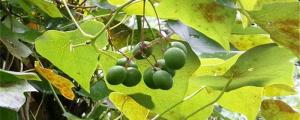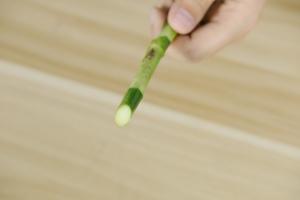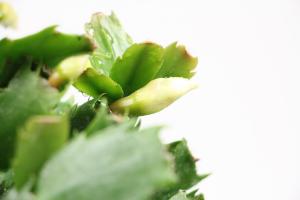Is a Potato Plant Poisonous?
There are many common houseplants and garden plants that can be toxic to humans and pets if ingested. One such plant is the potato plant. While potatoes themselves are commonly consumed, the leaves and stems of the plant can be poisonous if eaten.
So, is a potato plant poisonous? The answer is yes and no.
Potato Plant Poisoning
Before delving into the question of whether or not a potato plant is poisonous, it is important to understand what type of poisoning can occur. The toxins that are present in the plant are called glycoalkaloids, particularly solanine and chaconine. When consumed at high enough levels, these chemicals can cause symptoms such as nausea, vomiting, diarrhea, and even death.
Parts of the Potato Plant That Are Poisonous
Now that we know what type of toxicity is involved, let's take a look at the parts of the potato plant that contain glycoalkaloids. As mentioned earlier, it is primarily the leaves and stems of the plant that are toxic. To a lesser extent, the unripe fruit and the skin of a potato can also contain toxins. When potatoes are stored in bright light, under high heat or refrigerated, it causes an increase in the production of solanine and chaconine, which makes the potato more dangerous if eaten in high amounts.
Other Dangers of Potatoes
Potato plant poisoning is not the only danger associated with this common vegetable. Potatoes have a high glycemic index, which means that they can cause rapid spikes in blood sugar levels. Additionally, many people are allergic to potatoes or have an intolerance to them, which can cause symptoms such as bloating, gas, and stomach cramps.
Prevention and Treatment
To prevent potato plant poisoning, it is important to keep the leaves and stems of the plants out of reach of humans and pets. Additionally, storing potatoes in a cool, dark place can reduce the production of solanine and chaconine. If potato poisoning is suspected, it is important to seek medical attention immediately. Treatment may include induced vomiting, activated charcoal, or other medical interventions as deemed necessary by a healthcare professional.
Conclusion
While the potato plant is not inherently poisonous, certain parts of the plant can contain toxins that can be dangerous if consumed in large amounts. As with any potential poison, it is important to take necessary precautions and seek medical attention immediately if poisoning is suspected.

 how many times do yo...
how many times do yo... how many planted tre...
how many planted tre... how many pine trees ...
how many pine trees ... how many pecan trees...
how many pecan trees... how many plants comp...
how many plants comp... how many plants can ...
how many plants can ... how many plants and ...
how many plants and ... how many pepper plan...
how many pepper plan...
































